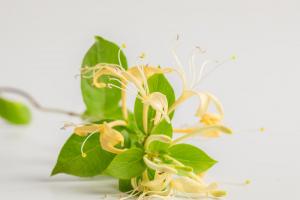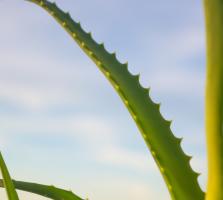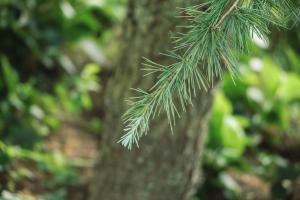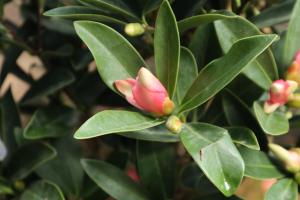Will Sparkling Water Kill Plants?
Sparkling water has become a popular drink choice for many people due to its refreshing taste and carbonated bubbles. However, some individuals have raised concerns about the impact of sparkling water on plants. In this article, we will explore whether sparkling water can harm plants and the possible effects it can have on their growth.
The Composition of Sparkling Water
Sparkling water is made up of carbon dioxide gas, water, and natural flavors. Carbon dioxide gas is added to water under pressure to create carbonation, which gives the drink its characteristic bubbly fizz. While plain water is a fundamental necessity for plants, carbon dioxide is also essential for them to carry out photosynthesis. In small amounts, carbon dioxide can be beneficial for plant growth, as it stimulates the production of carbohydrates and oxygen.
The Chemical Properties of Sparkling Water
The chemical properties of sparkling water can be a concern for plant growth, as it typically contains additives such as citric acid, sodium benzoate, and natural extracts. These additives can alter the pH level of the soil and affect the nutrients and minerals available to plants. Citric acid, for example, can increase soil acidity, which can inhibit the plant's ability to take up important minerals such as calcium and magnesium. Sodium benzoate, a preservative, can also have adverse effects on plant growth as it can lead to decreased root length and reduced biomass.
The Effects of Sparkling Water on Plants
There have been several studies conducted to investigate the impact of sparkling water on plants. One study examined the effects of sparkling water on tomato plants and found that the plants treated with sparkling water had significantly lower biomass and leaf area than those treated with regular water. Another study on the impact of carbonated water on lettuce plants found that the plants grown with carbonated water had decreased root length and biomass compared to those grown with still water.
The Bottom Line
In conclusion, while sparkling water may contain carbon dioxide, which can be beneficial for plant growth in small amounts, it also contains chemical additives that can have adverse effects on plant growth. The acidic properties of sparkling water additives can lower soil pH and impact the availability of important minerals and nutrients. Therefore, it is best to avoid using sparkling water to water your plants and stick to plain water instead.
It is essential to remember that every plant species is different, and each may respond differently to sparkling water. Therefore, it is recommended to conduct further research on the effects of sparkling water on specific plants before using it to water them.

 how many times do yo...
how many times do yo... how many planted tre...
how many planted tre... how many pine trees ...
how many pine trees ... how many pecan trees...
how many pecan trees... how many plants comp...
how many plants comp... how many plants can ...
how many plants can ... how many plants and ...
how many plants and ... how many pepper plan...
how many pepper plan...

































